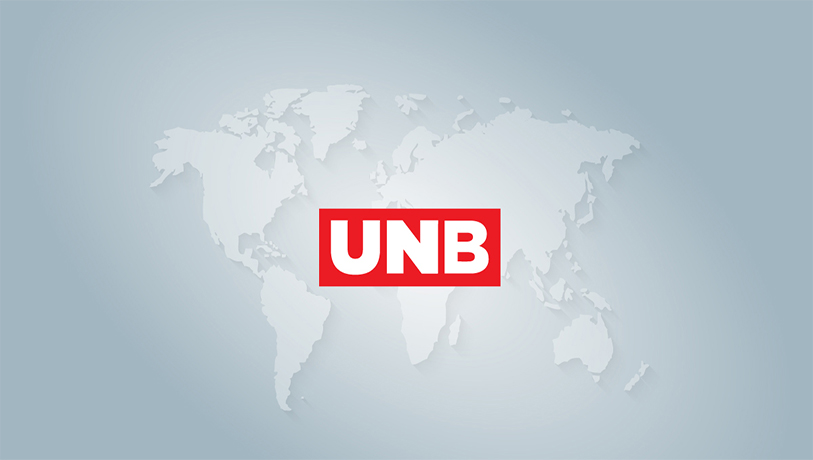The theme for the event was ‘Innovate Together for Achieving the Sustainable Development Goals and Climate Actions through Social Business’.
The event on Social Business is being organised for the third consecutive year at UNHQ during UNGA, said a press release from Yunus Centre.
Heads of states and ministers, Nobel laureates, UN SDG advocates, representatives from UN agencies and international organisations, business and academic leaders from universities and think tanks, innovators, social entrepreneurs and young leaders attended the event.
Nobel Laureate Prof Muhammad Yunus chaired the Global Committee on Social Business for Sustainable Development Goals aiming to build a global cross-sector and cross-generational partner network for achieving the SDGs.
This year’s event was hosted by Ghana, Cape Verde, and Global Committee on Social Business for Sustainable Development Goals, co-sponsored by France, Luxembourg, Saint Lucia, in partnership with Nigeria. It was co-curated by Yunus Centre, Bangladesh, the Yunus And You Foundation of Germany and Youthink Center of China.
Ulisses Correia e Silva, Prime Minister of Cape Verde, Sunday Dare, Minister of Youth and Sports Development of the Federal Republic Nigeria, former environment minister of Brazil and activist Prof Marina Silva, Christophe Itier, French High Commissioner for Social and Solidarity Economy and Social Innovation and Dr Daniel Gustafson, Deputy Director-General of FAO, Rocky Dawuni, UN Goodwill Ambassador for Africa for UN Environment and Professor Muhammad Yunus made the opening addresses.
The focus of the deliberations was to build a global ecosystem to support social business, youth and technology for SDGs, promote cross-sector and generational partnerships for innovation and development while building a global network to support youth on technical innovation through social business.
Partners launched their innovations, made commitments and shared their action plan on Climate Action and achieving SDGs.
Prof Yunus highlighted the issue that rural economy should not be looked at as an appendix to the urban economy as supplier of labour to the urban economy.
Rural economy should be seen as independent self-reliant dynamic growth centres, he added.
He said it is wrong to categorise people only as farmers, they should be viewed as entrepreneurs all possibilities, including state of the art technology, retailing, transportation etc.
He suggested building appropriate institutions to support their entrepreneurship.
